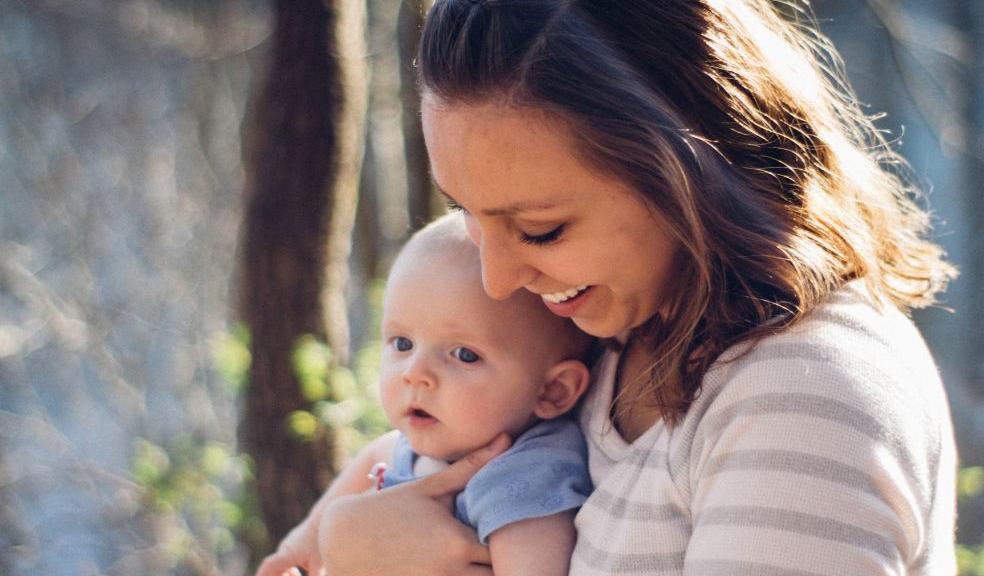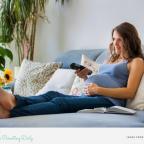
4 things you can do about post baby hair loss
When we're wrapped up in a newborn bubble, most of us are too excited to notice changes to our bodies at first. But one thing that becomes more noticeable once you're home from the hospital, is changes to your hair-or, to be specific, the change to how much hair you actually have.
Shedding hair is actually quite a common part of postpartum life-up to 90% of people actually experience it. One reason why is because of the change of hormones we experience-estrogen and progesterone are sky high during pregnancy (hence why our hair feels amazing and swishy during it!) but when they plummet after giving birth, the shedding starts, or you may also notice fine, baby hairs can emerge. Many women experience low iron or thyroid problems after having a baby, and these too can cause hair loss, so it's important to get this checked out as a cause.
For some women, breastfeeding may also be a reason for this. Leslie Kenny, the co-founder of the Oxford Longevity Project, explains it could also be down to a compound called spermidine, that's found in our breastmilk. This compound can actually stimulate hair growth but if you're breastfeeding, you may be passing all of this on to your baby rather than reaping the benefits for your home.
"It's scientifically known that new mothers give loads of polyamines such as spermidine and spermine to their newborns in their breastmilk. And if they are doing this, they are necessarily sacrificing it themselves-we know from studies our bodies need spermidine and spermine for hair growth and pigmentation. This is why new mothers often find that their hair thins or even goes grey after delivering their babies," says Leslie, who also is the founder of spermidine supplement brand Oxford Healthspan.
Either way, this can have a real impact on your self-esteem and mood.
"Hair loss can be a challenging situation to go through-especially with a newborn in tow. Consider how you are currently feeling about losing your hair and allow yourself the time to process those emotions. Giving yourself the compassion and grace to feel the way you do, without any added self-judgment or self-criticism, is extremely important in being able to move forward when the time feels right for you," says Jo Sayers, a mindset coach for mums.
How to deal with postpartum hair loss
Speak to your doctor: if the hair loss is severe, check with your doctor to rule out other causes, such as low iron or thyroid issues.
Supplement: If you're struggling to stay nutritionally balanced, especially in the early stages of breastfeeding or postpartum, then supplementing may help. Taking a spermidine supplement can help replenish your spermidine levels-whilst zinc has also been shown to be helpful in hair growth.
Silk pillows: Silk products may not stop hair loss but can help with things like breakages.
Reframe your thoughts around hair loss: "Changing any thoughts isn’t about just thinking positively and forgetting the thoughts and emotions that are inevitably coming up for you. However, there may come a point where you feel ready to begin managing those thoughts and choosing to focus on the facts of the situation, rather than allowing your brain to give you thoughts that may have an impact on your self-esteem and self-confidence. A useful factual thought could include “I currently have hair loss, as a result of my hormonal changes after pregnancy”. Considering how this more factual thought allows you to feel, may after time allows you to come to terms with the uncontrollable situation you are currently in and show up in a way that feels right for you to begin to move forward." adds Jo Sayers.














